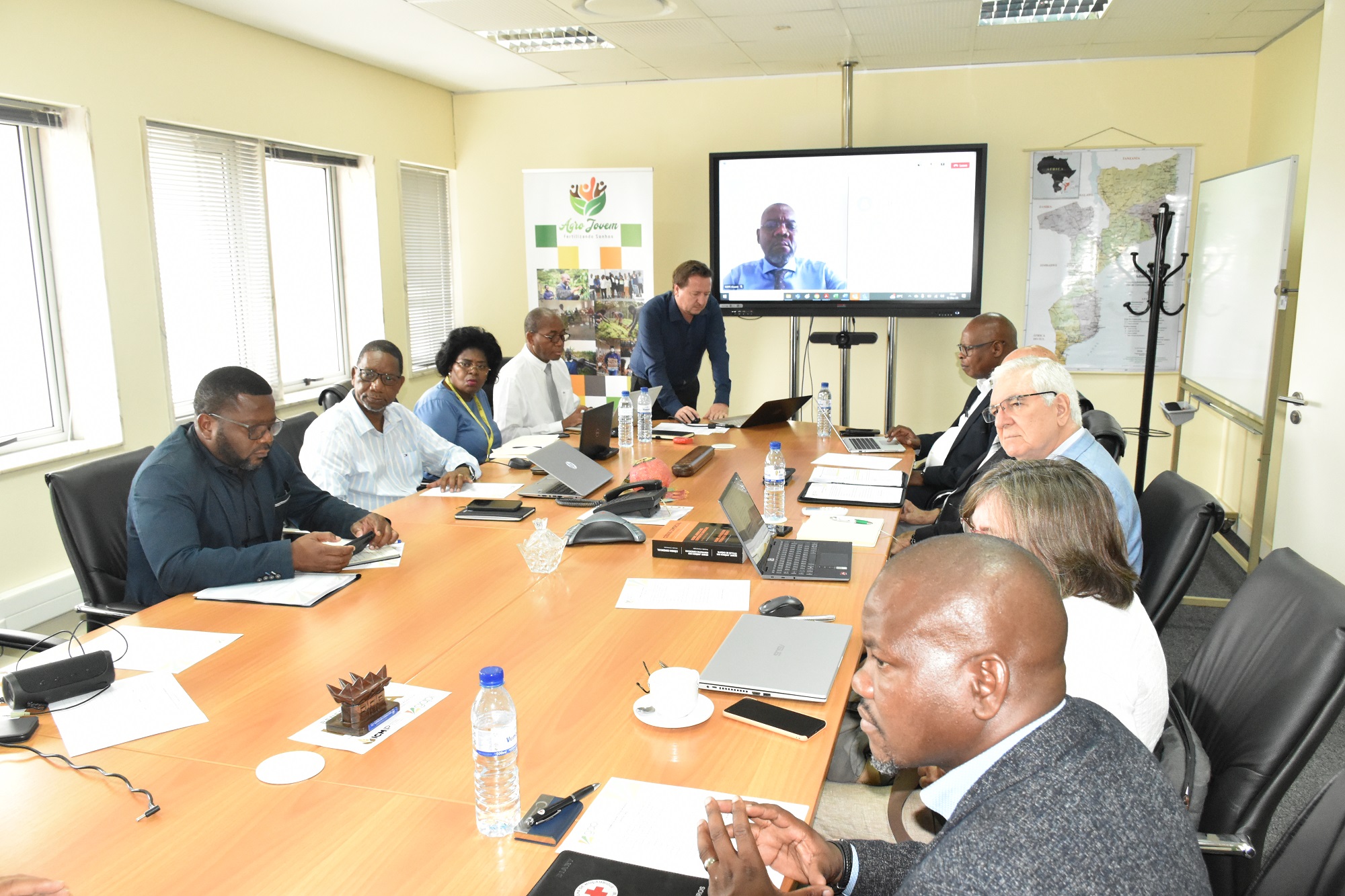The shareholders of Gapi-Sociedade de Investimentos decided to launch a programme to expand its offer of financial services and technical assistance to small and medium-sized companies, with a focus on women’s empowerment, food security, energy transition and job creation. The company’s General Meeting, held on the 12th, approved the business plan for 2024, which includes a series of measures necessary for the implementation of this programme, including an increase in the company’s capital, the modernisation of the digitalised service network and the launch of a public communication platform called “Finance for Development – Fin4Dev”.
“In their appraisal of the 2024 plan, the shareholders stressed that this institution makes a difference in the financial system because it prioritises its impact on sustainable development. Gapi does not operate like commercial banks, its products are programmes and projects that combine financial services with management assistance and financial education, and it is therefore registered as an investment company. In view of the challenges facing small and medium-sized enterprises (SMEs), for 2024 and beyond we have to build solutions for greater economic competitiveness and social equity,” said the institution’s spokesman.
In order for the services provided to serve a greater number of SMEs, Gapi is now authorised to operate through 15 delegations. In addition, and in coordination with other partners, it has a network of ten project implementation units and new business incubators that promote start-ups. The experience of some of these incubators, namely a project called “incubox” co-funded by the European Union delegation in rural areas of Niassa province, is being replicated in other regions of the country.
In support of this broad network, Gapi has started a digitalisation programme which, in addition to the financial management software already in operation, will make use of digital processes incorporated into smartphones for greater efficiency and comprehensiveness in the collection of investment opportunities and subsequent monitoring and coaching of businesses in rural areas.
Gapi’s programme envisages greater interaction and partnerships with other institutions motivated to develop solutions to the problems of social exclusion and deficits in access to financial resources and technical assistance for new businesses. To promote this interaction, Gapi, in partnership with the Association of Microfinance Operators (AMOMIF) and Media4Development, will launch the “Finance for Development – Fin4Dev” platform on 15 January. This information platform will focus on financial inclusion with a focus on empowering women and SMEs.
With the operationalisation of this platform and a series of training activities for the institution’s staff and microbanks, Gapi intends to provide assistance focused on improving the management, governance and sustainability of the network of institutions specialising in financing micro-businesses.
The shareholders also mandated the Board of Directors to request from the Bank of Mozambique the legal authorisations for the capital increases needed to implement this programme.
The Assembly noted the coincidence of the date on which it was held, as it was on 12 December 2006 that Gapi’s founding shareholders, the Ministry of Finance/BPD and the Friedrich Ebert Foundation of the FRG decided to sell shares to private national entities, as well as civil society organisations. The Group of Managers, Technicians and Workers (GTT) and a private investor company (GapiGest) were authorised to acquire 40% of the shares; the Foundation for Community Development and the Red Cross were also approved to acquire 30% of the shares. Subsequently, the CTA (Confederation of Business Associations) acquired another package of shares. At the beginning, Gapi’s capital was 41 million meticais. It currently stands at 200 million meticais.
In the projections made by the managers, it is expected that in order to have a greater impact at national level in providing development assistance services to SMEs, the shareholders should prepare for a capitalisation of up to 400 million meticais. In its 33 years in business, Gapi has always achieved positive results, proving the sustainability of its development finance model and strategy.



